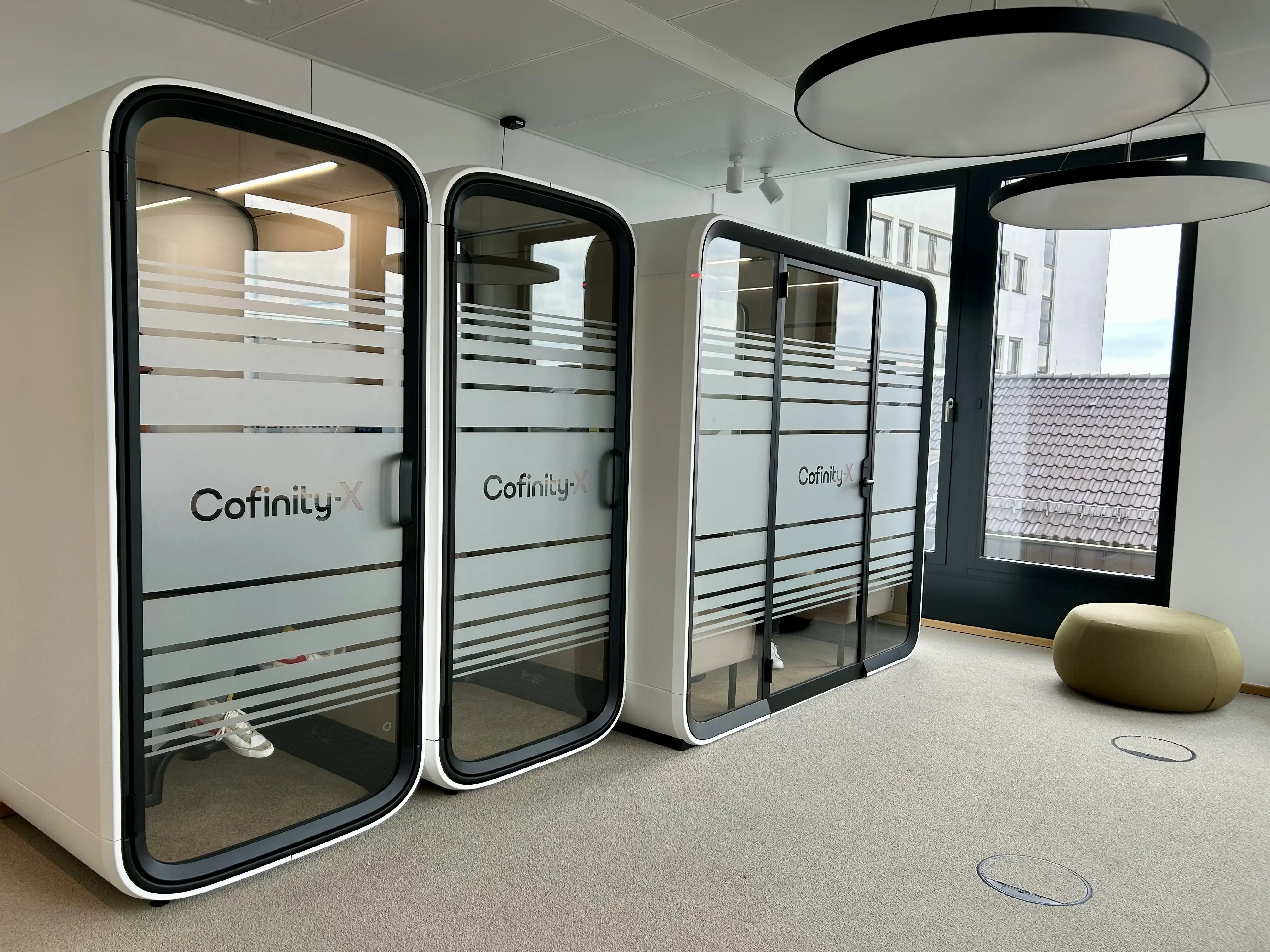Data Sovereignty in Dataspaces – The smart architecture for secure, data-driven business


Data Sovereignty in Dataspaces – The smart architecture for secure, data-driven business
Today, organisations of all types and sizes collect and store vast amounts of data. Individual data points are like the letters in this text. Viewed in isolation, they might seem almost worthless. But when connected, they form a coherent picture. This is the driving idea behind dataspaces. Sharing the data that is currently held in isolation within individual companies can unlock its true value. But data is a highly sensitive asset. In times when, according to Bitkom, 80% of companies fall victim to data theft and industrial espionage, the question arises: how can data exchange and protection coexist?
The answer lies in data sovereignty. This is the most important design principle of dataspaces such as Catena-X, which offer an ingenious solution to make data sovereignty a reality.
What is data sovereignty and why is it so important?
With growing volume, data becomes increasingly valuable. And what is valuable is contested. The more data a company holds, the more critical it becomes to determine which data to share with whom, and which to keep private. The ability to enforce these decisions is called data sovereignty. The International Data Spaces Association (IDSA) describes data sovereignty as a spectrum.
“It is the right balance between keeping data safe and sharing it to gain added value.”
Data sovereignty in dataspaces
When it comes to data sovereignty, dataspaces offer a consequently decentral approach. This ensures that the original owner retains full control over the data, while any exchange remains invisible to unauthorized third parties. The data owner alone is free in the decision of (not) sharing data within the boundaries of applicable regulations and ecosystem agreements. But how is this technically implemented?
In Catena-X, the dataspace for the automotive industry, data sovereignty is enabled by the Dataspace Connector, which is built on the principles of the IDSA. It acts as a secure access point for sovereign data exchange. Each participant is connected to the dataspace via their own connector. The connector manages multiple processes, enabling organizations to publish and discover data offerings. The data owner provides available data via a shared catalog by describing the data and the conditions under which the data is available. The consumer uses the catalog to identify interesting data offerings and to apply for access to the data. Access is granted solely by the data owner after checking evidence of the rightfulness of the request provided by the consumer. The connectors enforce data sovereignty. But how can two participants in Catena-X be sure they can trust each other? How is it ensured that no third party can unlawfully gain access to sensitive data? This is where Cofinity-X comes into play.
How Cofinity-X ensures trust and security within Catena-X
To join Catena-X, each participant registers with Cofinity-X. Cofinity-X acts as a trusted entity and verifies the legitimacy of the participant together with external institutions. Once the registration is approved, Cofinity-X provides the participant the Business Partner Number for legal entities (BPNL) and all the necessary credentials for participation in the dataspace. The credentials are stored in a participant owned so-called identity wallet that allows him to manage his own identity.
Equipped with these credentials, participants can access the dataspace via their connector, verify each other’s identity and negotiate data agreements. This enables secure, sovereign peer-to-peer data exchange without intermediaries such as notaries or the need to exchange passwords.
The result: data sovereignty, security and collaboration
Dataspaces like Catena-X prove that broad data exchange and full data sovereignty can coexist. By keeping data decentralized and under the control of its rightful owner, dataspaces reduce the vulnerabilities of centralization while enabling collaborative, data-driven business models.
By combining the Dataspace connector with digital identities verified by Cofinity-X, data sovereignty and trust are ensured. This enables participants to share even their most sensitive data with confidence. This architecture not only addresses today’s pressing cybersecurity challenges but actively enables data-driven business models, driving innovation across industries.
In a world where the value of data continues to grow, dataspaces stand out as the perfect solution for organizations seeking to unlock the potential of collaboration without surrendering control.

.webp)







